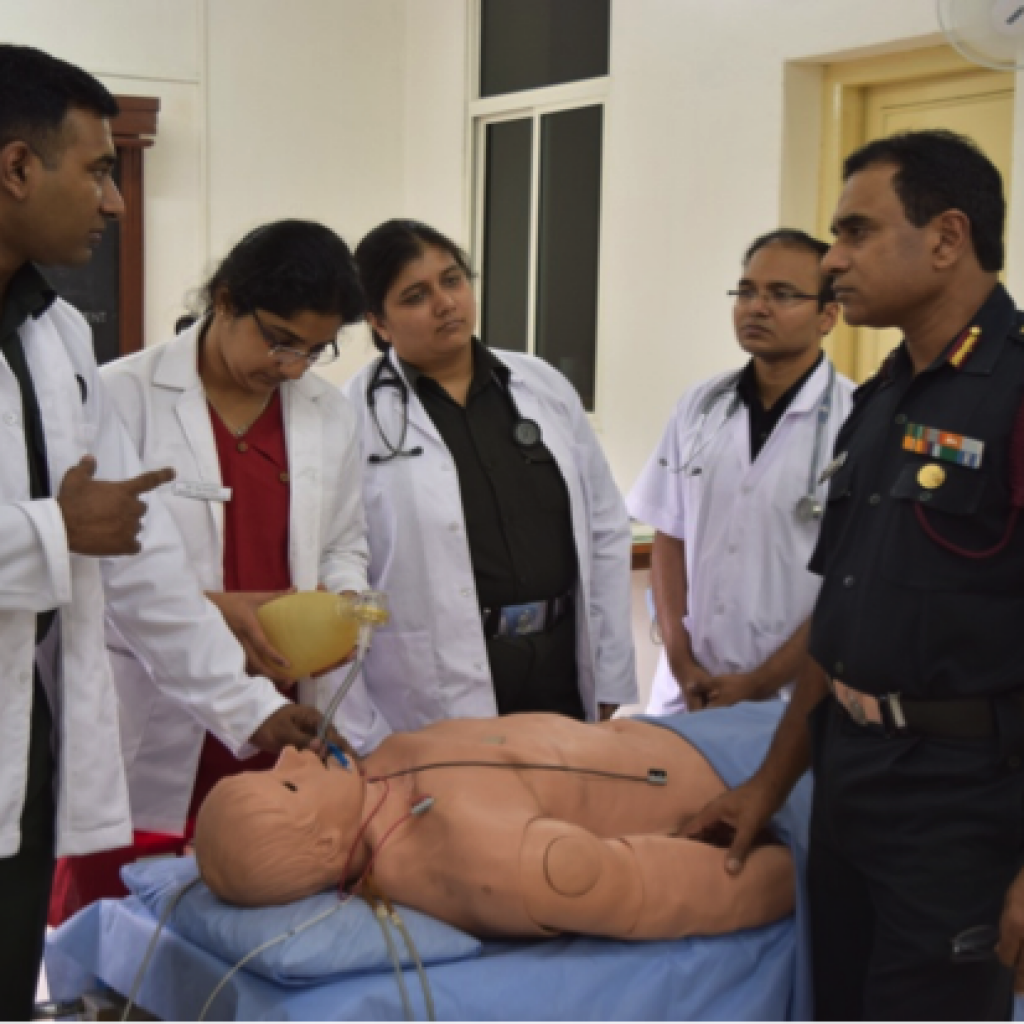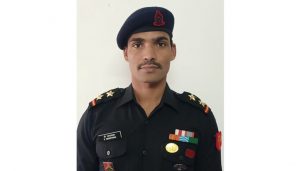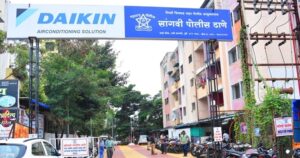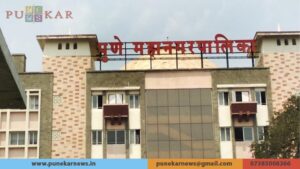AFMC MAKES MEDICAL SIMULATION ESSENTIAL PART OF TRAINING IN RESUSCITATION AND CRITICAL CARE

Armed Forces Medical College is a premier medical institution in India and widely acknowledged as a centre of excellence for education and research. One area where the institution has been at the forefront of innovation in teaching methodology is training on Medical Simulators. According to Lt Gen A K Nagpal, VSM, Director & Commandant, AFMC, medical simulation affords the opportunity for skill development in critical care. It improves the quality of care since doctors, nurses and paramedics can hone their skill in responding to an emergency in the safety of a laboratory, where their actions can be closely monitored. The training on a simulator has had a positive impact on their ability to handle emergencies in everyday medical care. The facilities are now being extended to provide training to non- medical personnel and school children in first aid and resuscitation techniques.
The Department of Anaesthesiology & Critical care, houses the Central Clinical Skills and Simulation Lab (CSSL). It is staffed by highly skilled faculty and equipped with state-of-the-art equipment. The mission of the facility is not only to train anaesthesiologists to be safe and fully equipped peri-operative physicians but to also impart training in resuscitative skills. Organised training is imparted in basic life support (BLS) advanced life support (ACLS) and advanced trauma and life support (ATLS). The facility is also being utilised for development of resuscitation skills for a large number of undergraduates, post graduate students, nursing cadets, paramedical staff, non-medical personnel of HQ Southern Command & school children.
Brig S Hasnain, Professor & Head, Dept of Anaesthesiology & Critical Care, said that this facility was inaugurated in June 2013. There are 72 mannequins and numerous simulation trainers. These include Human Patient Simulator (HPS), Airway Management Lab containing mannequins to learn airway management skills like video laryngoscopy, fibre optic intubation or cricothyroidotomy, gynecology and obstretics skills lab which has birthing simulator, laproscopic simulator and pelvic examination models, intravenous access room with central line learning stations, and a paediatric advanced life support lab for learning resuscitation measures in infants and newborn babies.
The Human Patient Simulator ( HPS) has helped fine tune the professional skills of a wide variety of doctors who are serving in field areas. Acquired at a cost of over Rupees three crores, the machine is a high fidility simulator capable of communicating with its operators. It can simulate life-threatening emergencies, and thus enable students to sharpen critical skills which otherwise would require real-life calamities. Responses of the trainees to situations & responses to their interventions can be observed in real time, which makes the experience realistic. The student is made to undergo a real clinical scenario which can be simulated and modified for various situations on the HPS. The simulation and management is video recorded and played back later in presence of a faculty who reviews the case scenarios and based on the feedback, briefs a student on his strengths and weaknesses.
This facility has improved the response to a real life emergency. The Simulation Laboratory is also being used to study physiology and pharmacology like cardiac murmurs where a undergraduate student learns of various heart sounds and cardiac murmurs and about their response to various medicines used to treat such conditions.
The feedback from students and practitioners who have been trained on this facility has been positive. It has helped them react better and faster in medical emergencies.








